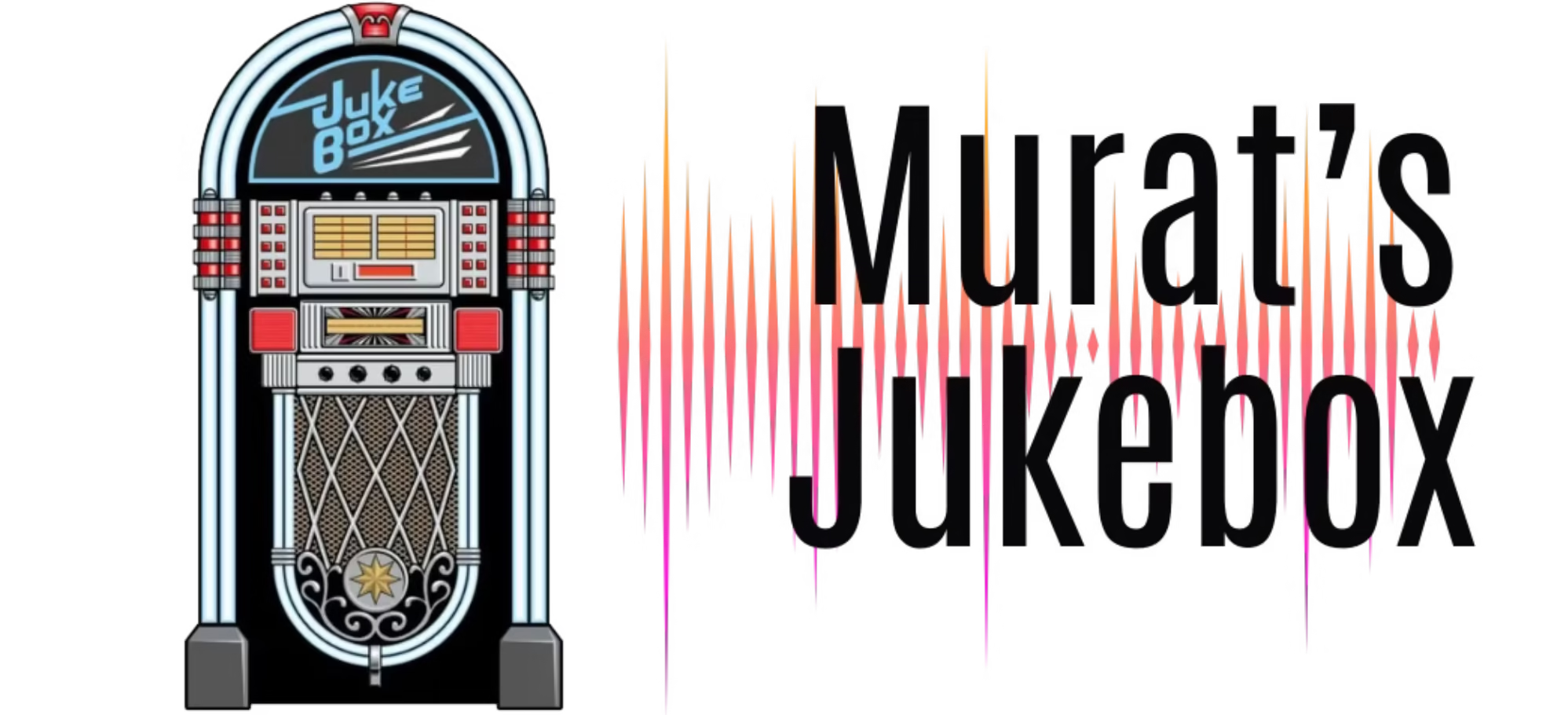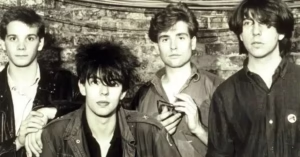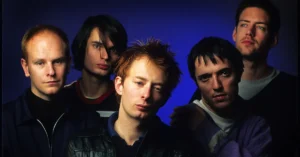Beck: The Genre-Bending Maverick of Alternative Music
Beck. Introduction: The Chameleon Artist
Beck Hansen, widely known simply as Beck, is one of the most inventive and eclectic artists in contemporary music. Since emerging in the early 1990s, Beck has defied easy categorization by blending elements of folk, hip-hop, rock, electronic, and experimental sounds into a unique and constantly evolving style. His artistry combines sharp lyricism, adventurous production, and a playful yet deeply emotional spirit.
Beck. Early Life and Musical Roots
Born on July 8, 1970, in Los Angeles, California, Beck grew up surrounded by the city’s diverse music scene. His parents were both artists: his father a poet and his mother a visual artist, which helped nurture Beck’s creative instincts. His early exposure to folk, blues, and experimental music shaped the foundation for his genre-blending career.
Beck. Breakthrough: Mellow Gold and “Loser”
Beck’s major breakthrough came in 1994 with the release of Mellow Gold, featuring the single “Loser”. The song’s catchy chorus, quirky lyrics, and lo-fi production struck a chord with the alternative music scene and mainstream audiences alike. “Loser” became a defining anthem of the 1990s alternative culture.
The song combined folk guitar, hip-hop beats, and surrealistic, self-deprecating lyrics—showcasing Beck’s ability to mix disparate genres seamlessly.
Beck. Artistic Evolution and Critical Acclaim
Following Mellow Gold, Beck released a series of critically acclaimed albums that showcased his evolving style:
- Odelay (1996): Widely regarded as his masterpiece, Odelay expanded his sound with dense sample-based production and catchy songwriting. Tracks like “Where It’s At,” “Devils Haircut,” and “The New Pollution” cemented Beck’s reputation as an innovator blending hip-hop, rock, and pop.
- Mutations (1998): A more introspective and acoustic album, showing Beck’s folk and psychedelic influences.
- Midnite Vultures (1999): Funk-infused, playful, and experimental, the album embraced elements of glam rock and R&B.
Beck. The 2000s and Beyond: Reinvention and Depth
In the 2000s, Beck continued to surprise and innovate:
- Sea Change (2002): A stunningly personal and melancholic album, marked by stripped-down arrangements and emotional depth, largely inspired by his breakup. Critics hailed it as one of his most heartfelt works.
- Guero (2005): A return to more upbeat, sample-heavy sounds blending alternative rock with Latin influences.
- The Information (2006) and Modern Guilt (2008): Experimental albums exploring modern anxieties and electronic textures.
Awards and Legacy
Beck’s contributions to music have been recognized widely:
- Multiple Grammy Awards, including Album of the Year for Morning Phase (2014), a lush, reflective album often compared to Sea Change in tone.
- Praised for his boundary-pushing production and songwriting.
- His ability to merge genres organically has influenced a generation of artists across alternative, indie, and electronic music.
Live Performances and Artistic Vision
Known for dynamic and often improvisational live shows, Beck blends multi-instrumentalism with innovative visuals. His artistic vision extends beyond music into multimedia projects and collaborations with filmmakers, visual artists, and designers.
Selected Discography
- Mellow Gold (1994)
- Odelay (1996)
- Mutations (1998)
- Midnite Vultures (1999)
- Sea Change (2002)
- Guero (2005)
- The Information (2006)
- Modern Guilt (2008)
- Morning Phase (2014)
- Hyperspace (2019)
Signature Songs
- “Loser”
- “Where It’s At”
- “Devils Haircut”
- “The New Pollution”
- “Lost Cause”
- “Blue Moon”
- “Morning”
- “Wow”
Conclusion: An Ever-Changing Artistic Force
Beck remains a compelling figure in music due to his refusal to be boxed into one style or sound. His fearless experimentation, combined with heartfelt lyricism and a keen sense of melody, make him one of the most innovative and enduring artists of the last three decades.





